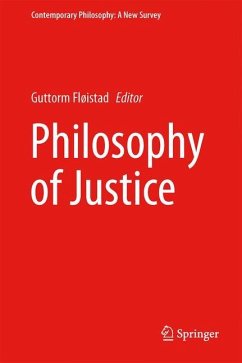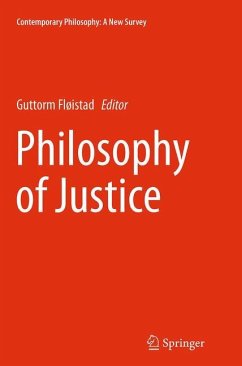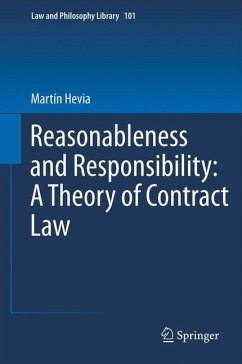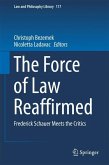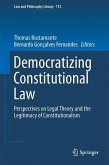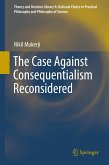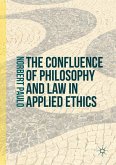This book presents surveys of significant trends in contemporary philosophy. Contributing authors explore themes relating to justice including natural rights, equality, freedom, democracy, morality and cultural traditions. Key movements and thinkers are considered, ranging from ancient Greek philosophy, Roman and Christian traditions to the development of Muslim law, Enlightenment perspectives and beyond.
Authors discuss important works, including those of Aristotle, Ibn Khaldun, John Locke, Immanuel Kant and Mary Wollstonecraft. Readers are also invited to examine Hegel and the foundation of right, Karl Marx as a utopian socialist and the works of Paul Ricoeur, amongst the wealth of perspectives presented in this book.
Through these chapters, readers are able to explore the relationship of the state to justice and consider the rights of the individual and the role of law. Contributions presented here discuss concepts including Sharia law, freedom in the community and Libertarian Anarchism. Readers may follow accounts of justice in the Scottish Enlightenment and consider fairness, social justice and the concept of injustice.
The surveys presented here show different approaches and a variety of interpretations. Each contribution has its own bibliography.
Authors discuss important works, including those of Aristotle, Ibn Khaldun, John Locke, Immanuel Kant and Mary Wollstonecraft. Readers are also invited to examine Hegel and the foundation of right, Karl Marx as a utopian socialist and the works of Paul Ricoeur, amongst the wealth of perspectives presented in this book.
Through these chapters, readers are able to explore the relationship of the state to justice and consider the rights of the individual and the role of law. Contributions presented here discuss concepts including Sharia law, freedom in the community and Libertarian Anarchism. Readers may follow accounts of justice in the Scottish Enlightenment and consider fairness, social justice and the concept of injustice.
The surveys presented here show different approaches and a variety of interpretations. Each contribution has its own bibliography.

